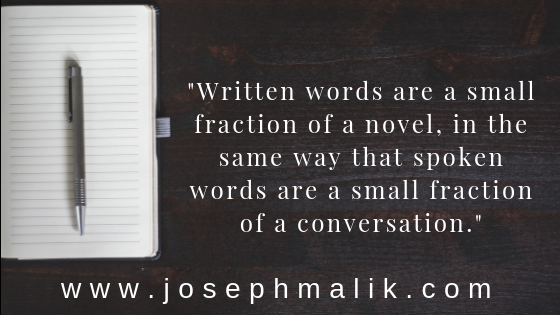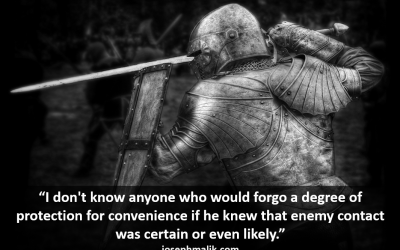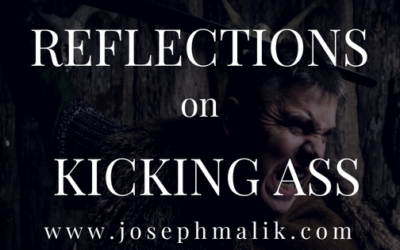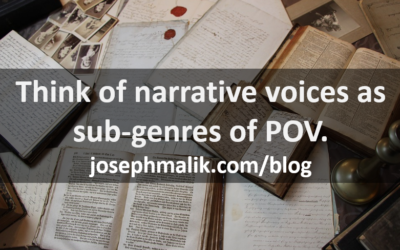I want to talk craft again, today, and I want to talk specifically about why it’s important to study writing. Whether you study formally or informally, you have to learn all this “craft” stuff. Even if you learn it the hard way, by writing for twenty years or however long it takes, you have to learn it.
I don’t believe that the craft of writing receives enough emphasis when we address the biggest challenge facing a fledgling author.
The challenge is this: written English is a different language from spoken English.
Stick with me on this.
Studies have shown that as much as 70% of spoken communication
is nonverbal: when speaking, we primarily communicate through gestures, inflection, tone, eye contact, and body language. (Dr. Albert Mehrabian’s studies in the 1970’s estimated nonverbal communication during speaking to be as high as 93%.)
When communicating through writing, that 70-90% of meaning that you normally deliver nonverbally is missing. As an author, you have to relay that massif of secondary and tertiary communication to the reader in other ways.
I’m not talking about adding adverbs to dialogue tags. I’m talking about you, the author, communicating with the reader.
Words are not enough.
Written words are a small fraction of a novel, in the same way that spoken words are a small fraction of a conversation.
Literary devices such as story arc, allegory, metaphor, subtext, irony, imagery, chemistry, pacing, dialogue, voice, narrative perspective, revelatory constructs, tropes, and so forth—all the things that you study when you study writing—convey the same information as gesture, inflection, tone, eye contact, and body language when telling a story out loud. That’s what craft is. Craft is the wink, the rising pitch, the finger stabbed into the reader’s chest.
This is why the study of writing, and the resultant understanding of—and fluency in—those aforementioned literary devices, is critical: our written language conveys information differently from our spoken one. 70-90% of your communication in a novel is through craft.
You don’t even have to be writing “literary fiction” (I still don’t understand this term, but all the cool kids are using it) for this to be true. Commercial fiction and genre fiction require craft, too, or they simply don’t work, because a pile of words without craft is just a pile of words with no secondary meaning.
Concrete storytelling can be fine, from time to time; sometimes a cigar is just a cigar. However, stories as we passed them down through our histories originally existed as metaphors and lessons, and we are the curators of that legacy. As we began to develop our storytelling craft, all this other stuff appeared—imagery, metaphor, irony, narrative voice, and so forth—and what became part of our shared cultural knowledge is now the key to our written communication, and written communication is the critical factor in our civilization’s survival. That’s why I don’t fuck around when it comes to craft.
Craft allows you to write words that mean the exact opposite of what the reader first thought they did, and yet it allows the reader to understand them in whatever way you mean them. Craft is the means of encapsulating an entire thought or emotion or concept in a single image; craft allows you to freeze a moment in time and show it from a perspective that you want the reader to see. Craft is the lens and the framing. Craft shows the reader what’s important in the story, and why.
Craft is your So What.
This is the piece that I think a lot of fledgling authors don’t grasp. Your abilities to compose and even tell a story have very little bearing on your ability to write a compelling or even coherent novel.
Thinking that I could write a novel just because I can come up with a story would be the same as me thinking that my ability to write a novel in English gives me the ability to write a novel in, say, French; a language I studied for two years in high school and a couple of semesters in college, and used daily for a few months spent mostly drunk in Paris and then for a few more months some years later in the military. All of this time combined is roughly the same amount of time that many new authors have spent formally studying and employing written English when they attempt a first novel.
Spoken English is a different language from written English. You have to immerse yourself in the written language and its vagaries and then work it like clay on a wheel day after day, year in and year out. It’s every bit as messy and every bit as hard on your back.
This all sucks to hear in this day and age of hundred-thousand-dollar college debts, and I’m not here to harp on you to go back to school. The good news is that mastery of craft doesn’t require formal study. There are plenty of resources out there on writing craft. It is entirely possible to self-educate. I did as little creative writing in college as I could get away with; I hated being told what to write, and I still hate writing under the gun. I concentrated instead on sociolinguistics and the philosophy of language, which, as it happens, led me to a deep understanding of craft and its place in writing, because it showed me how and why words work. Most of my writing craft—really, anything beyond fundamentals and third-year fiction writing, which I barely passed at the time—has been self-taught and often self-sought. It took me twenty years to get enough of a handle on craft that I could write books that people want to buy. If I can do it, you can do it. You can probably do it faster.
You can learn this. Craft is learnable. And necessary. Learn it.







I really enjoyed your article! I think you make a great point regarding how important it is to study craft. Not only has studying it improved my writing, but it has also helped me appreciate forms and genres of writing I previously avoided, such as YA and romance.
OK then, what top five resources would you refer a writer who wants to improve their craft?
Great question. In no particular order:
– Education. Either self-study, online classes (YouTube instructional videos on writing and literary theory, etc.; many colleges now offer free video classes online), or formal study in English and/or writing.
– Joining a writers’ group, ideally one that meets IRL.
– Finding a mentor who will also be your critique partner.
– Online writing forums (not for marketing, but for writing, which are much harder to find).
– Did I mention education? Education. Reading everything and anything you can get your hands on about writing, and just as importantly, reading the books that the resources mention.
– JM
This article makes a lot of sense. I will apply it to my series of books called The Sense of It, Some Sense of It, and Making Sense of it. In these books, I use poetry to express and enhance the emotions in the book. I hope I am applying the craft as you described it.
Linda DeGree